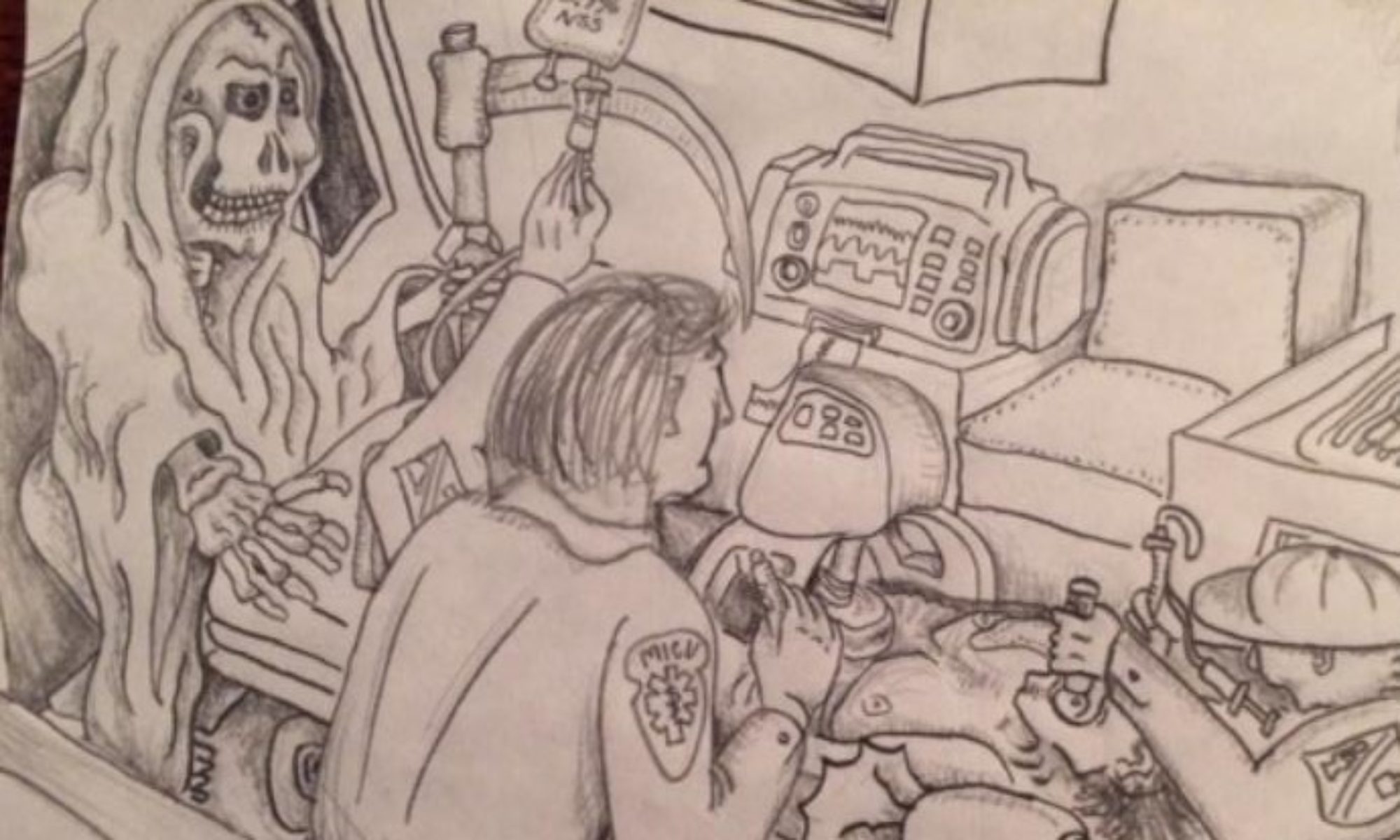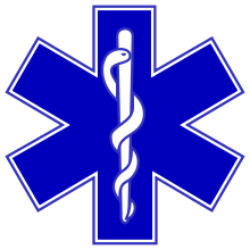Respiratory Distress
Are family member experiencing respiratory distress at home or in a nursing home? Make sure they are sitting up. Too many times we see someone struggling with respiratory distress and whoever is taking care of them has them lying down. This is the worst thing for them especially if they’re heavier in weight as all that extra adipose tissue is now lying on their chest making it harder for them to take a deep breath. If a person is in true respiratory distress they’ll usually want to sit up on their own, but if they aren’t or can’t, sit them up, it will greatly help. Also, if they’re prescribed home or nursing home oxygen on a couple of liters, it’s ok to titrate that amount of oxygen up, it can greatly help. If need be, call 911
EMT’s, if you’re responding to the same, do the same. Sitting a patient up is your best friend. Oxygen if necessary, listen to breath sounds. Know what’s going on with your patient. Treatments if necessary and if your protocols allow. In extremis, get them going. Rendezvous with paramedics, if not go to the hospital.
Keeping our Family Members Safe
Mom & Dad, I know we encourage our children to do the right thing and sometimes it’s hard when they’re working towards something special, especially our “over 18” year old’s, but if they have the flu, potentially a respiratory infection, please don’t allow them to play in a sports tournament. I know it means a lot to them, but it might not end so well. Ask me how I know………. Lol! Just a helpful hint.
Underestimating our Patient’s Condition, Be Vigilant
This morning we were dispatched for the “respiratory distress”. Upon arrival we we canceled as BLS by them stating “it’s only the flu”. We returned back to our truck and were about to pull away when we noticed as the patient was being moved form the stair chair to the stretcher, she seemed to “nod out”. This didn’t sit right with us. We jumped out, grabbed our equipment again, and went over to the ambulance, only to find the patient in cardiac arrest. The supposed “flu patient” was actually presenting with only mild respiratory distress because she was starting to decompensate, becoming hypoxic, and ultimately going into respiratory failure and then cardiac arrest within an extremely short period of time. Luckily we had extremely good team work between everyone and we were able to revive her and the event had a positive outcome; but you have to remember, any situation can go south extremely quickly. Always be on your guard.

